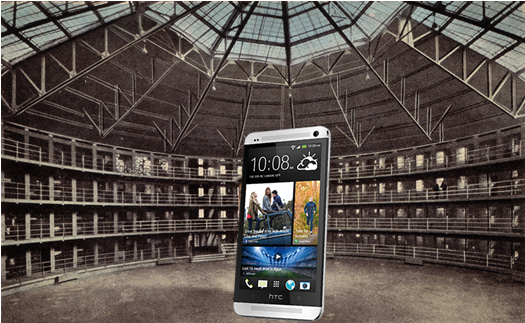The advent of social media has changed the world of dating, and no such platform has made bigger changes than Instagram. Created in 2010, the photo sharing app has revolutionized modern connections and created a platform where potential mates can research each other, closely follow each other, and even track how much they are being viewed.
Creating a digital memory book of sorts has made Instagram the first place to go when “looking into” a potential mate: e.g. what they look like, how they dress, what kind of activities they’re interested in. Following someone can also show us when they are active on the app and whose posts they are liking and commenting on. With the introduction of the new “Stories” feature, Instagram users are becoming even more ingrained in each other’s personal lives. Serving as a way to document one’s day, the Stories feature is a constantly updating timeline that lets the person who posted the story see who has viewed it. While this is normal for a feature like this, Instagram has used its “frequented user” algorithm to put the names of those who interact with your account the most at the top of the viewers list. For example, if you post a story and it is viewed by 1,000 people, Instagram will organize the list of viewers by their interaction to your account, with the most engaged users at the top of the list and those who have little interaction with your account at the bottom.

Image courtesy of Mashable
This kind of “trackability” has changed modern connections, especially in dating. It’s too easy to be given almost too much information about a potential mate, to the point where it can make us either paranoid or uninterested.
Andrejevic uses a quote from Gehl in his writing that I believe epitomizes this new age of Instagram. “In a typical Web 2.0 site, there is a surface, where users are free to produce content and make effective connections, and there is a hidden depth, where new media capitalists convert user-generated content into exchange-values” (2009, 25). I think this accurately shows the double layer of Instagram use, where we are both purposefully creating content with our deliberate actions and “accidentally” creating content with our behavior.
Later in his writing, Andrejevic notes this divide in user-generated content. “The advent of the social Web and its mingling of social and professional networks casts at least some forms of user-generated-content in a different light.” This applies to Instagram, as our activity can look one way to us and appear differently to our followers and those who interact with us.
- Do you think Instagram is beneficial or detrimental to modern dating?
- How do you feel knowing that others can see how much you interact with their profile?













